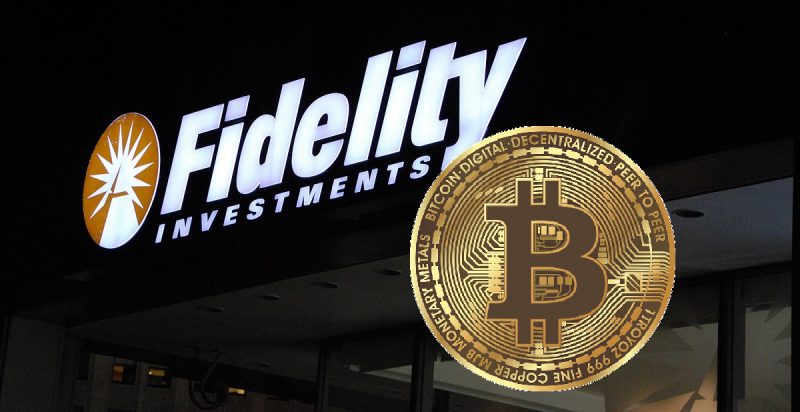Fidelity, America’s largest provider of 401(k) plans, has announced that it will allow its clients and participants to put a share of their retirement savings into Bitcoin. Millions of people may be able to invest in Bitcoin (BTC) directly without needing to open an account on a cryptocurrency exchange as a result of the announcement.
The account fee will range from 0.75% to 0.90% of assets, depending on the employer and the amount invested. A separate trading fee, which has yet to be determined, would be “competitively priced,” according to the corporation.
According to Dave Gray, head of workplace retirement offerings and platforms at Fidelity Investments,
“We started to hear a growing interest from plan sponsors, organically, as to how could Bitcoin or how could digital assets be offered in a retirement plan.”
Mr. Gray said that MicroStrategy, a business analytics firm that is bullish on Bitcoin (BTC), has already signed on and that Fidelity is in talks with other companies.
According to Fidelity, the digital assets and Bitcoin (BTC) account will be widely available by the middle of this year. It will be included in the 401(k) investment menu alongside more traditional mutual funds; participants will be able to designate a portion of their contributions to the Bitcoin (BTC) account. That percentage will be restricted: the employer will set the maximum, but the platform will not allow allocations of more than 20%, albeit that amount may alter.
Regulators, on the other hand, have already expressed reservations about the idea. The Department of Labor, which governs employer retirement plans, said this month that plans that added digital assets and Bitcoin to their investment choices would be scrutinized.
When the Labor Department issued a compliance assistance document last month, it didn’t go as far as banning crypto from retirement plans, but it did remind plan overseers that they were responsible for selecting “prudent” options. And it seemed to imply that Bitcoin had yet to achieve that standard.
Fidelity Investments said in a letter to the Labor Department earlier this month that the agency had not provided any guidance on how plan fiduciaries should handle those issues or fulfill their responsibilities when evaluating plan investments in cryptocurrencies. The company recommended that the department collaborates with plan overseers to establish strategies for meeting such commitments.
The Bitcoin account, for example, would be valued daily and maintained on Fidelity’s own custody infrastructure to assure “institutional-grade security” — and strong instructional resources would be incorporated into the product, according to Fidelity.
However, there isn’t much that can be done to reduce Bitcoin’s volatility: It has recently traded at around $40,000 after hitting near $69,000 on Nov. 9.
According to Cerulli Associates, Fidelity had $2.4 trillion in 401(k) assets in 2020, accounting for more than a third of the market.





